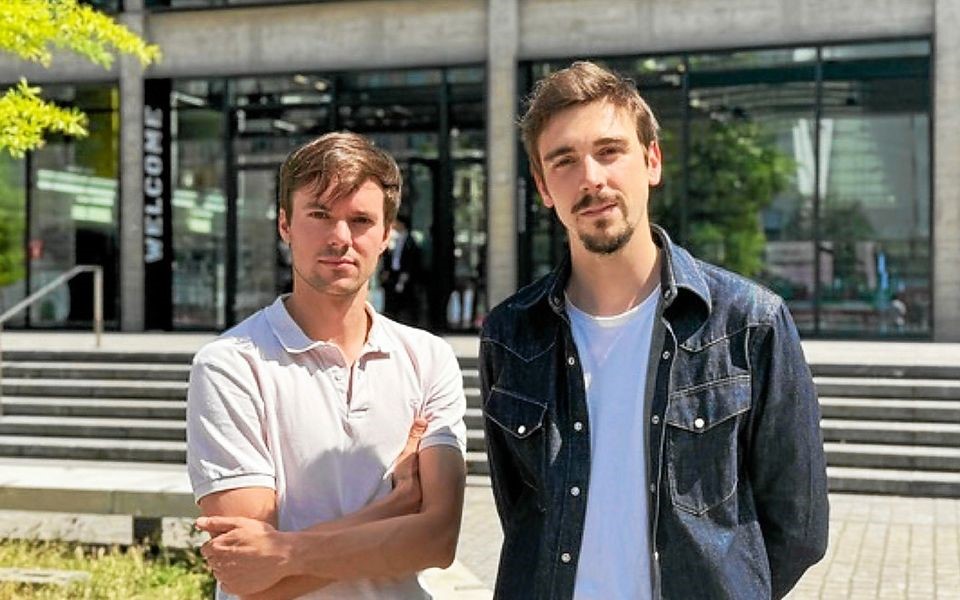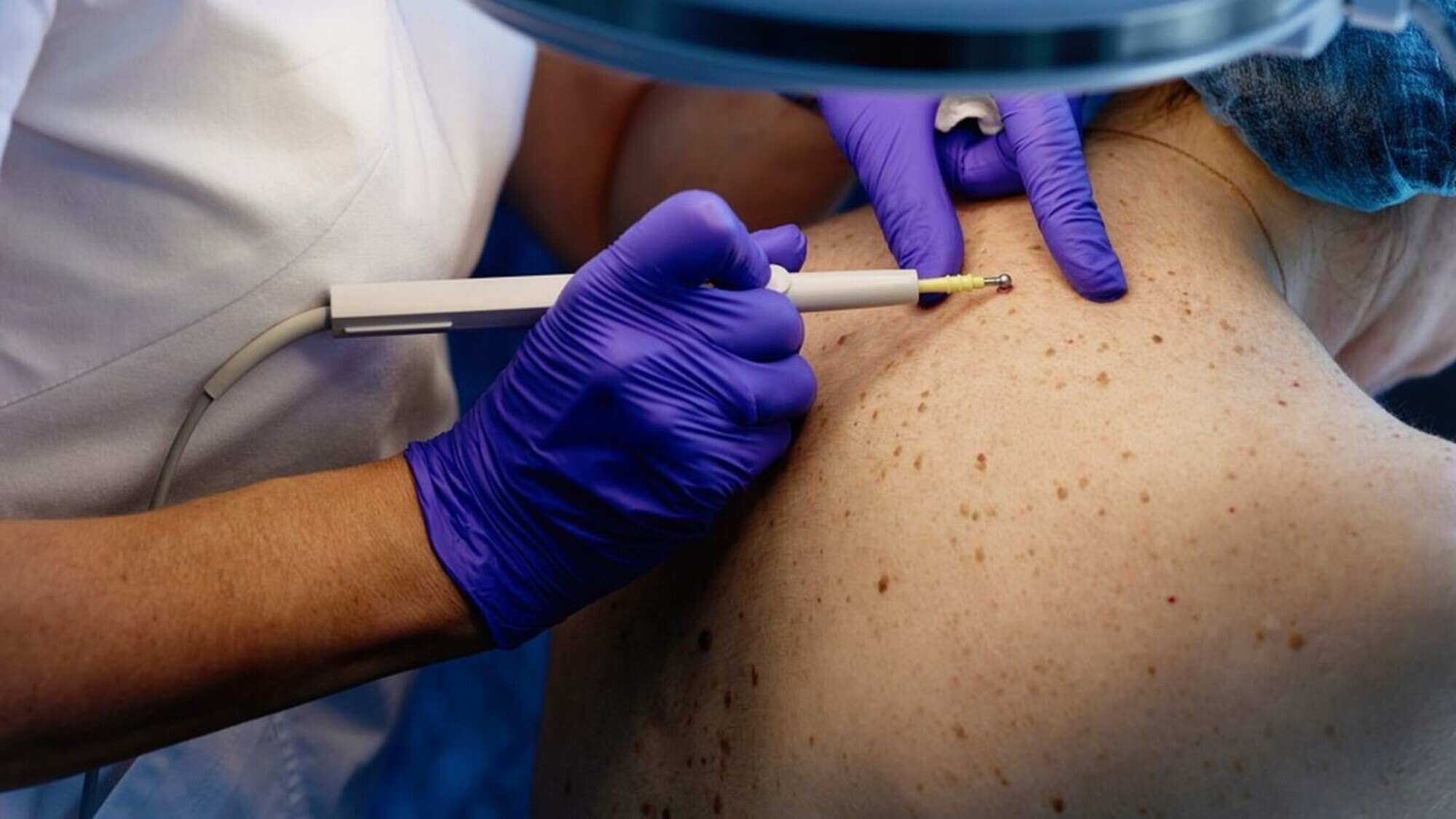A project born from a "scientific lightning bolt"
Behind this bold idea is a young 25-year-old Breton, Mel Landelle, a graduate of the École Normale Supérieure and Polytechnique. What sparked his inspiration? The analysis of biopsies, which is still lengthy, costly, and manual in many laboratories today. He sees immense potential in using AI to make the work of pathologists easier, detecting signs of cancer more quickly and at a lower cost.
He and his team of nine, incubated at CentraleSupélec in Paris, are developing technology that can read a biopsy image with exceptional precision, in just a few seconds.

An AI to Save Time and Lives
Every year, millions of biopsies are performed to diagnose cancers of the breast, lung, prostate, and more. But these exams can take time, and every minute counts. RainPath aims to reduce diagnostic delays while improving the reliability of results with an AI tool designed to assist doctors, not replace them.
The €2.5 million fundraising, conducted with funds specialized in deep tech, will help accelerate R&D, expand clinical trials, and deploy the solution in pilot hospitals by 2026.
Artificial Intelligence at the Service of Healthcare
RainPath is part of a broader trend of medicine enhanced by artificial intelligence. What sets this Rennes-based start-up apart is its local roots, scientific commitment, and desire to make a tangible impact on public health.
At the start of its adventure, RainPath has already caught the attention of many players in the medical and tech worlds. With such a promising project, Rennes is confirming its role as a hub for innovation in health and technology.
An AI that could soon detect cancer with just one click? That's the bet RainPath is making. And if we believe their rapid trajectory, this is just the beginning.
